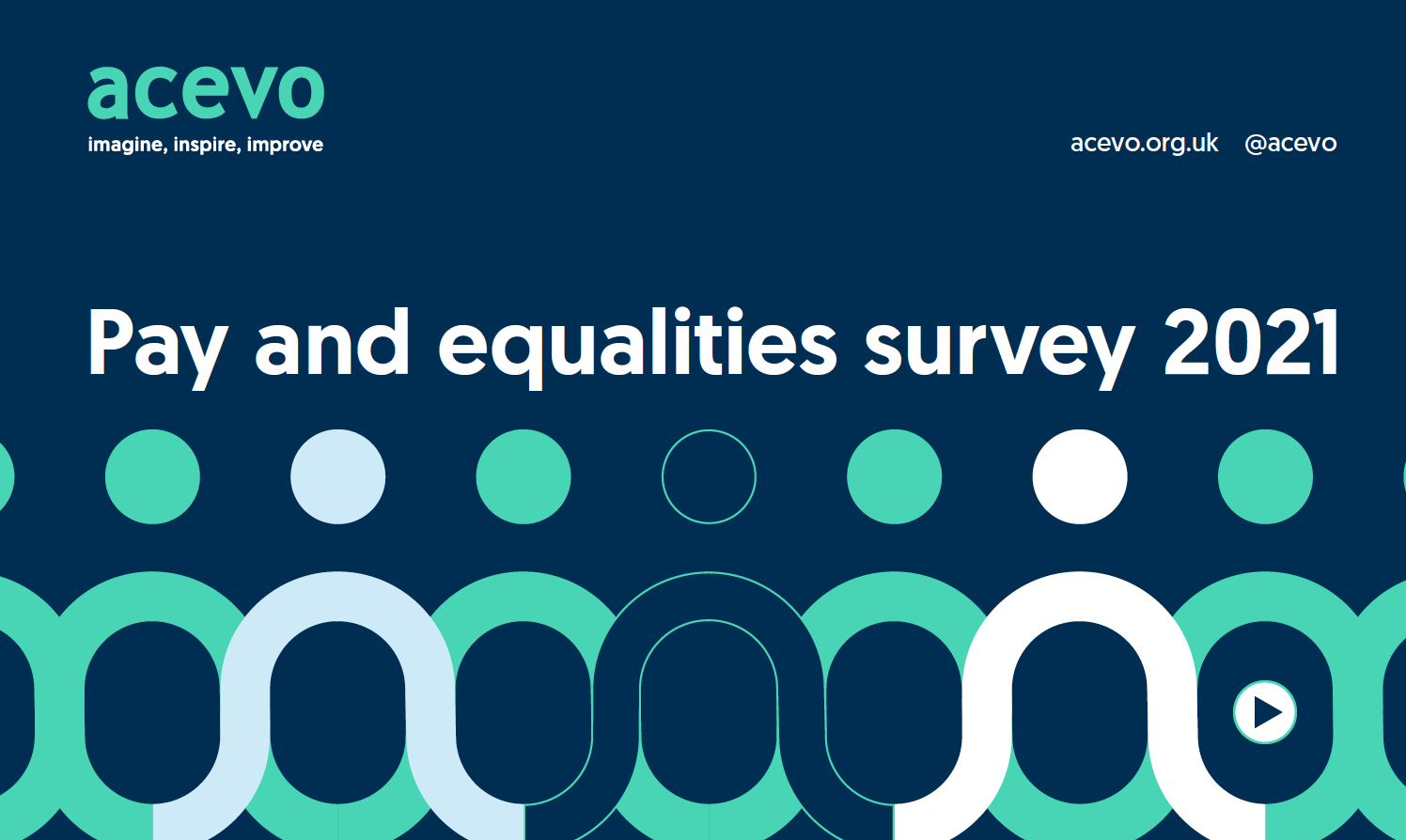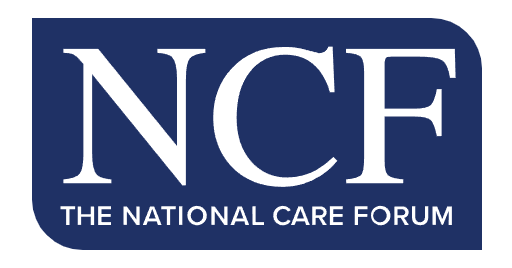A major survey of charity leaders has found that less than half plan to tackle a lack of ethnic diversity on their boards over the next year.
ACEVO’s 2021 Pay and Equalities report has found that only 43% of charity leaders plan to address the ethnic diversity of their boards. This is despite only a quarter (25%) of leaders saying they are “happy” with their board’s ethnic diversity.
“Awareness of diversity, inclusion and representation continues to rise among CEOs, but this does not correspond to them feeling satisfied with the composition of their boards,” said the charity sector body.
It added: “More ambitious action is needed quickly to see a marked change in representation in charities.”
The survey found that only a small proportion (7 %) of CEOs are from Black, Asian and minority ethnic backgrounds, although this is an improvement on the 4% recorded in 2020.
The pay gap between male and female CEOs is also improving, from 12.1% in 2020 to 7.6% this year.
While the median male salary is £60,000, it is £55,411 for female charity leaders.
Lack of support
Concerns are also raised over the support charity leaders are receiving in the role.
Just under half (49%) of chief executives are not receiving a formal regular salary review. This is a “steep increase” on last year’s figure of 39% not receiving such a review, says ACEVO.
In addition, less than a fifth (17%) of CEOs have personal development plans in place.
However, six out of ten (60%) of leaders felt their boards prioritise their wellbeing, up from 54% last year.
Salaries are up marginally for CEOs, although many charity leaders in England are missing out.
“England-based CEOs were less likely to have received a pay rise than CEOs based in Scotland or Northern Ireland,” said ACEVO.
The median CEO salary in 2021 was £58,000 up from £55,993 in 2020, according to this year’s survey, based on responses from more than 1,000 respondents.
It also found that more than eight in ten CEOs would recommend a career in the sector and that 75% expect to still be working in the sector in five years’ time.
“We were encouraged in 2020 to see an increase in the prevalence of regular salary reviews and up to date job descriptions; however, this year’s data shows a drop in these figures, which is a cause for concern," said ACEVO CEO Vicky Browning.
“While the challenges faced by the sector as it recovers from Covid-19 are significant, organisations will only be able to build back better if boards keep the focus on these key governance processes which allow leaders to make the biggest possible difference.”
She added: “Prioritising CEO wellbeing and professional/personal development is hugely important to ensure that the communities and causes charities work with and for continue to access the best possible service.”
Latest News
-
NCVO CEO to lead Shelter
-
Starting point for using AI 'has to be your legal duties', expert warns charities
-
'Waxing lyrical about volunteering' among young people pays off, research finds
-
Children’s charity appoints first head of fundraising.
-
Businessman set up charities to siphon off £270,000 in Gift Aid payments, regulator finds
-
Women and girls’ charities face a ‘looming crisis’ due to demand surge
Charity Times video Q&A: In conversation with Hilda Hayo, CEO of Dementia UK
Charity Times editor, Lauren Weymouth, is joined by Dementia UK CEO, Hilda Hayo to discuss why the charity receives such high workplace satisfaction results, what a positive working culture looks like and the importance of lived experience among staff. The pair talk about challenges facing the charity, the impact felt by the pandemic and how it's striving to overcome obstacles and continue to be a highly impactful organisation for anybody affected by dementia.
Charity Times Awards 2023
Mitigating risk and reducing claims

The cost-of-living crisis is impacting charities in a number of ways, including the risks they take. Endsleigh Insurance’s* senior risk management consultant Scott Crichton joins Charity Times to discuss the ramifications of prioritising certain types of risk over others, the financial implications risk can have if not managed properly, and tips for charities to help manage those risks.
* Coming soon… Howden, the new name for Endsleigh.
* Coming soon… Howden, the new name for Endsleigh.
Better Society

© 2021 Perspective Publishing Privacy & Cookies











Recent Stories